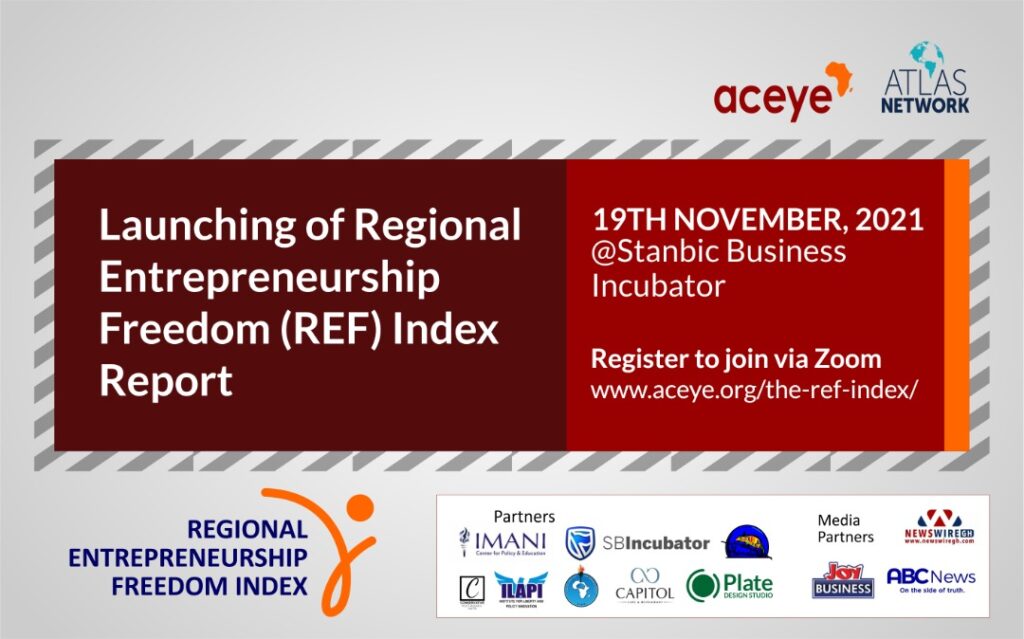www.padfm.com.gh
The Chief Executive Officer/Co-founder for Africa Center for Entrepreneurship and Youth Empowerment (ACEYE), Emmanuel Acquah is proposing to that the government of Ghana and other stakeholders in agriculture should assist farmers with packages that attract the youth into farming rather than always giving out awards that do not merit and motivate the citizenry to go into farming. In a simple but impactful write up, Mr. Emmanuel Acquah stated,
“The best way to celebrate a farmer is not to render his effort useless or deny him the opportunity of voluntary trade and cooperation.
Farmers’ Day points to the significance and relevance of farmers in every aspect of human life- from the food they produce, the opportunities they offer and the value farmers add to a significant portion of all of creations’.
The first Farmers Day celebration in Ghana was in 1985 following a sectorial growth of 30 percent in 1984. In 1982 and 1983, the country had suffered from severe drought, political and economic turbulence thus having this celebration for the first time in Osino was a testimony to how statism fails.

Are we moving to the era of government entrenching its tentacles? Has agriculture not lost its number 1 spot with the sector retrogressing? With this, the other question-begging is on such a day are farmers really happy especially when they are unable to create wealth and their spot as number one in terms of GDP keeps declining?
How about those days where farmers did not have a day set aside for them to be celebrated yet the joy of every day meant more than a day that they are being celebrated? I am not referring to the 83 eras instead the pre-colonial era.
What is the significance of this day when farmers who have worked years cannot be counted among the wealthy? Surprising enough, the initiators of “failed schemes” in the name of supporting farmers benefit from such schemes. They go unpunished and are rewarded with “big monies” as ex-gratia. Plunder?
Is Stefan Molyneux right with his assertion,” When poverty declines, the need for government declines, which is why expecting the government to solve poverty is like expecting a tobacco company to mount an aggressive anti-smoking campaign”
Is it not absurd the taxpayers continue to pay for subsidies and other expensive programs yet prices of food crops keep soaring?
This isn’t the fault of farmers who keep in the hard work to produce but an unfree ecosystem with its excesses.
Today, it is not okay to celebrate one farmer who contributes to a bountiful harvest. Instead, every day must be a farmers day. How? As the locks of farming are lifted, such as import duties/tariffs on farm equipment and tools, deregulation of the financial sector with further reduction in monetary policy from 14.5% to enhance competitiveness and access to credit with flexible and soft loans. Consumers benefit and enjoy cheaper and quality products if farmers have better alternatives thereby acknowledging every day with cheerfulness the role of farmers in enhancing better standards of living.
These serve as an incentive to attract people into farming. With time, competition sets in, prices fall and citizens would have a cause to celebrate farmers every day.
Celebrating farmers day with incremental food prices and consistent acute shortage of foods is like proclaiming independence yet not being economically free.
Happy farmers day? How about a free and prosperous farmers year? Anything apart from this has a tenet of tyranny that has failed over the years. As the renowned Economist, Dr George Ayittey puts it:” The nationalist leaders spurned their indigenous heritage of free village markets and free enterprise and placed an abiding faith in the potency of the state to achieve their socialist nirvana. The state was also perceived by elites as a “protector,” “problem- solver,” and “entrepreneur.” It could protect the new African nation against the avaricious propensities of the multinational corporation. It could solve all economic problems, including underdevelopment. It could do so with a myriad of legislative controls, regulations, and edicts. Through these legislative devices, price controls, and agricultural marketing boards, massive resources would be transferred to the state for national development. Tragically, the socialist thrust failed massively, and the web of controls created lucrative opportunities for illicit enrichment by the ruling elites. The most notoriously abused and exploited was the import control system, where government officials demanded a “10 percent commission” before granting an import license. Such was the inception of the “culture of bribery and corruption.”
A farmer does not need a day to be celebrated. If he is free and prosperous, by acts of voluntary contributions, opportunities he creates and the value he offers consumers, he would be celebrated every day”.
Africa Center for Entrepreneurship and Youth Empowerment (ACEYE) is an entrepreneurial policy think tank promoting youth entrepreneurship and free markets by influencing policies on the back of research, professional analysis, nurturing, advocacy and advisory services.
The Africa Centre for Entrepreneurship and Youth Empowerment (ACEYE) recently launched the maiden edition of the Regional Entrepreneurship Freedom Index (REF Index) in Ghana, on November, 2021.

The REF Index is an in-country study which ranks all 16 regions in Ghana according to a set of indices affecting entrepreneurship and provides recommendations to regions on how to improve their score.
By: Emmanuel Acquah (CEO, ACEYE).
Happy Farmers’ Day: Are Farmers really happy on this day?
padfm.com.gh

















